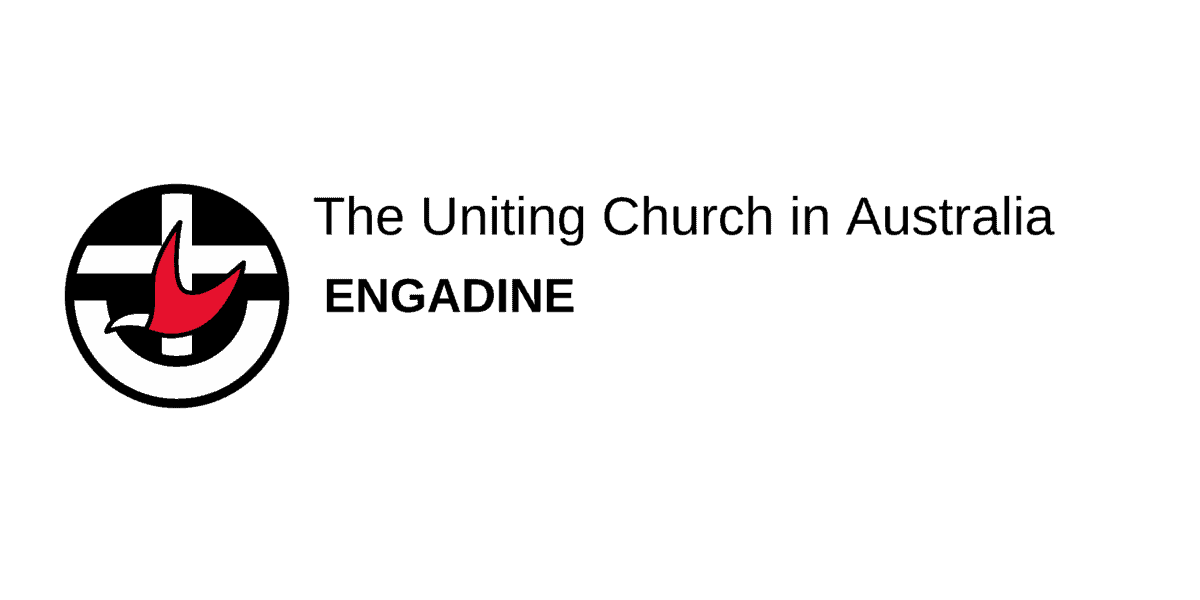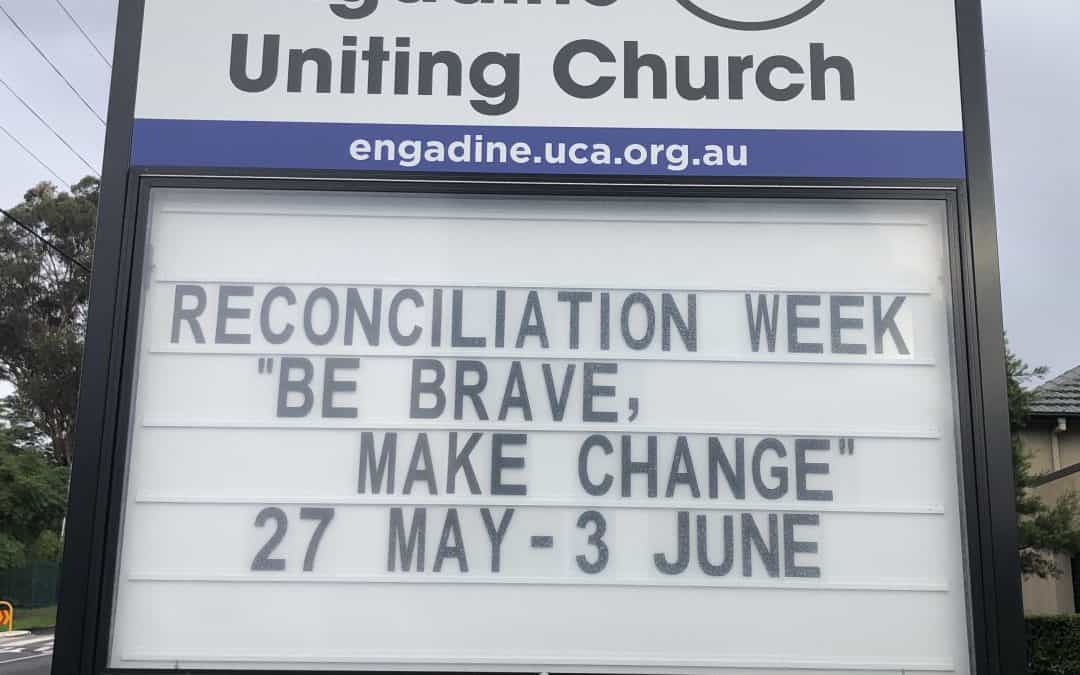There is a lot to be optimistic about as we approach Reconciliation Week 2022 (27 May to 3rd June). These fixed dates are significant as they commemorate firstly the date of the 1967 referendum that recognised the rights of First Nations people to vote in Australia, and secondly the 1992 Mabo Decision, the landmark High Court case on native title. These dates will be etched into Australian history forever, and it is hoped that, even when true reconciliation has been reached, we will continue to mark this week as immensely significant to the rich history and culture of our country.
Why am I optimistic? Our incoming Prime Minister declared, about a minute into his acceptance speech, that the new Australian Government would honour the Uluru Statement from the Heart and deliver a voice for First Nations people. A second glimmer of optimism is the appointment of the new Minister for Indigenous Affairs, Linda Burney. Ms Burney received from the outgoing Minister, Ken Wyatt, who voiced his support for her and for progressing the Statement from the Heart. As there is much hard work to do to make it a reality, bipartisanship agreement will be critical when it comes to successfully running a future referendum.
But who are we to participate in Reconciliation Week, what can we do, and where do we begin?
The starting point is an acknowledgement of our own limitations and our own unwitting complicity in colonisation. Although it has transformed the country now known as Australia into the modern democratic state with the 12th largest economy in the world, the basis of the property rights we enjoy is the dispossession of original inhabitants of the continent. This is but one of the many truths we need to acknowledge before we can achieve reconciliation; there are many, many more.
For those of us in the Uniting Church who wish to do more to express our solidarity with First Nations people and to act meaningfully to achieve reconciliation we have the Walking Together Action Plan. This commits the Uniting Church in NSW and ACT to work more closely with First Nations people, and serves as a practical guide for congregations and services to strengthen relationships with local groups. For congregations, the Plan recommends:
- Undertaking an Acknowledgement of Country at the start of Services and Church meetings
- Congregation members undertake Aboriginal cultural learning (for example, via learning resources provided by the Synod).
- Supporting any local UAICC Ministry Centres via regular engagement and developing collaborative relationships.
- Supporting advocacy initiatives for First People’s issues led by the Synod.
- Assisting with fundraising initiatives for UAICC Ministry Centres and/or mission-based projects that support local Aboriginal communities (ie. caring for vulnerable/disadvantaged people and communities)
- Displaying UAICC Covenanting Banners in church, acknowledging local First Peoples.
- Raising or displaying the Aboriginal Flag during National Reconciliation Week, NAIDOC week, or other relevant events, or even at all times, as a sign of recognition and respect for the First Peoples of NSW and the ACT.
Engadine Uniting Church is already on this journey, and is using Reconciliation Week to further our commitment by expanding our cultural learning as a congregation.
What can we do in Reconciliation Week 2022?
Listen, learn and understand
Nathan Tyson is the Synod’s Manager, First Peoples Strategy and Engagement, and has spoken in the past of the importance of “Voice, Treaty, Truth” as guiding principles for our reflection and action. Nathan’s tips for engagement are crucial if we are to reach out with authenticity and a strong commitment to achieving reconciliation in our local communities.
The first focus in this regard is upon “Truth”: understanding the true history of Australia since and before European colonisation. Members of our congregation met this week to talk about areas of our colonial history that many that we are only becoming aware of lately. Many of us are shocked but no longer surprised at the numbers of massacres which were perpetrated upon First Nations people by colonial government officials and settlers.
In addition to ignoring the hurt and dispossession inflicted by colonisation, traditional history has ignored what was here in Australia before Europeans arrived and settled, so we support the move to alter the national history curriculum to include the history of First Nations peoples. Recent accounts like Truth-Telling by Henry Reynolds (2021) and Dark Emu by Bruce Pascoe (2014) provide insight into the culture, law and systems of agriculture and production that existed in Australia for millennia before the arrival of Cook, and give lie to the already discredited and disgraced notion of terra nullius which, for reasons of administrative convenience, has effectively dispossessed and impoverished First Nations people until this day.
Education and the beginning of understanding is the first small step we can all take before we feel we are ready to offer ourselves as people who can truly “walk together” with First Nations peoples on that path toward reconciliation.
“Big” issues
The Uluru Statement from the Heart devised five years ago called upon the federal Government to ensure that the voice of First Nations people is enshrined in the Constitution. Thomas Mayor has succinctly outlined why this is so important – the small number of First Nations people across the nation means they themselves wield little effective political power when it comes to elections at any level of government, and because of this there has been a very strong tendency by elected Governments to make decisions that directly impact upon First Nations people without involving them in those decisions.
The theme of Reconciliation Week 2022 is “Be brave. Make change”. This is a call to action: congregations can start action by educating ourselves, supporting First Nations Peoples activities, and supportinh the call for change at the highest levels in our country.
Some of the links already provided will provide a good background to the need for a Voice to Parliament, and in exploding some of the myths about it. We can sign onto the From the Heart canvas and learn more about how the Statement from the Heart came about and what it means – for a truly moving experience watch Thomas Mayor recite it not just from the heart, but by heart, in the link provided above. We can signal very strongly our support for the Voice, as solidarity behind it will be crucial in the success of the referendum.
Michael Bleasdale
Community Engagement Officer


Recent Comments